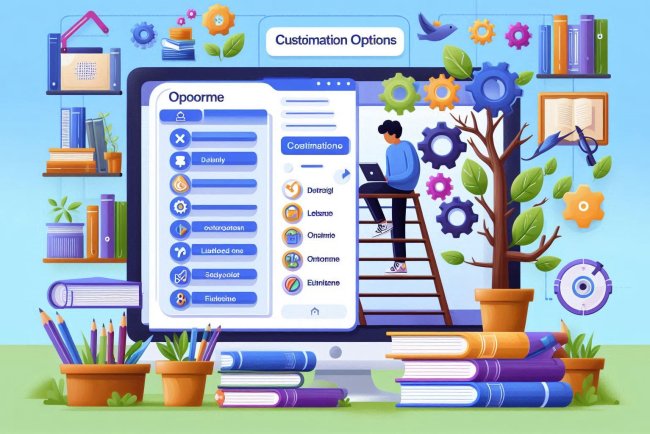Consent management platforms (CMPs) and user data control
Increase transparency and control over user data with Consent Management Platforms (CMPs). Manage consent preferences and comply with data privacy regulations.

Consent Management Platforms and User Data Control
Consent Management Platforms (CMPs) have become increasingly important in the digital landscape as regulations such as the General Data Protection Regulation (GDPR) and the California Consumer Privacy Act (CCPA) have put a spotlight on user data privacy and consent.
What are Consent Management Platforms?
A Consent Management Platform is a tool or software solution that helps website owners and businesses manage user consent for data collection and processing activities. CMPs provide transparency and control to users over how their personal data is being used by websites and online services.
Key Features of Consent Management Platforms:
- Consent Collection: CMPs facilitate the collection of user consent for data processing activities through banners, pop-ups, or other forms of notification.
- Preference Management: Users can set their preferences regarding the types of data processing they are comfortable with, such as cookies, analytics, or personalized ads.
- Consent Logging: CMPs keep a record of user consent choices to demonstrate compliance with data protection regulations.
- Consent Expiry: Users have the option to review and update their consent preferences periodically.
- Integration with Third-Party Services: CMPs often integrate with ad networks, analytics providers, and other third-party services to ensure compliance across all data processing activities.
User Data Control and Privacy Compliance
With the rise of data privacy regulations, businesses are under increasing pressure to ensure that they are transparent about their data practices and obtain explicit consent from users before collecting or processing their personal information. CMPs play a crucial role in helping businesses achieve compliance with these regulations.
Benefits of CMPs for User Data Control:
- Transparency: CMPs provide users with clear information about the data collection and processing activities happening on a website, enhancing transparency.
- Choice: Users have the ability to choose which types of data processing they consent to, giving them control over their personal information.
- Compliance: By implementing a CMP, businesses can demonstrate their commitment to privacy compliance and avoid potential fines or penalties for non-compliance.
- Trust Building: Giving users control over their data can help businesses build trust and improve their reputation among customers.
Challenges in Implementing CMPs
While CMPs offer numerous benefits for user data control and privacy compliance, there are some challenges that businesses may face when implementing these platforms:
- Complexity: Managing user consent and preferences can be complex, especially for websites with multiple data processing activities and third-party integrations.
- User Experience: Balancing the need for compliance with data privacy regulations and providing a seamless user experience can be a challenge for businesses.
- Technical Integration: Integrating a CMP with existing systems and third-party services may require technical expertise and resources.
- Regulatory Changes: Keeping up with evolving data privacy regulations and ensuring that the CMP is updated accordingly can be a constant challenge for businesses.
Future Trends in User Data Control
As data privacy regulations continue to evolve and consumer awareness around data protection grows, the future of user data control is likely to see the following trends:
- Enhanced Personalization: Businesses will need to find a balance between personalizing user experiences and respecting user preferences for data processing.
- Consent Automation: CMPs may incorporate more automation features to streamline the consent management process for businesses and users.
- Cross-Platform Compliance: With users accessing websites and services across multiple devices, CMPs will need to ensure consistent compliance and user preferences across platforms.
What's Your Reaction?

















